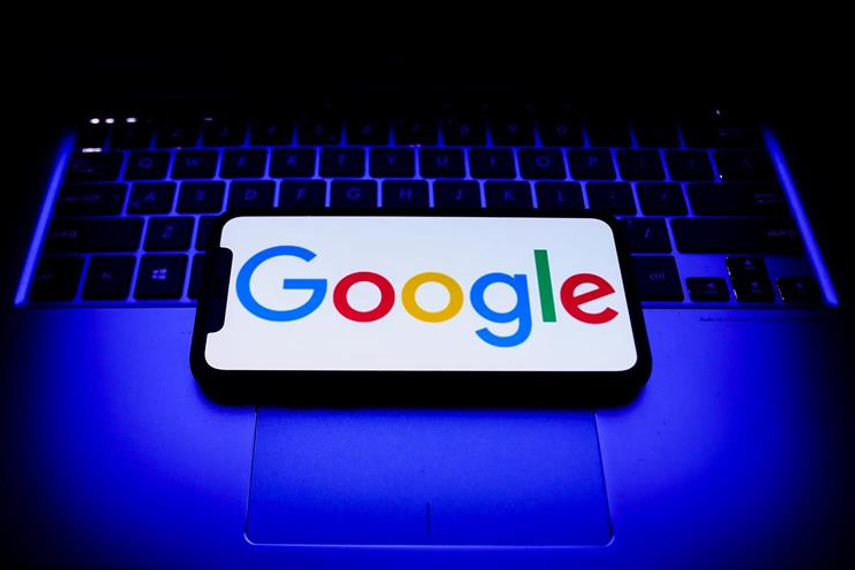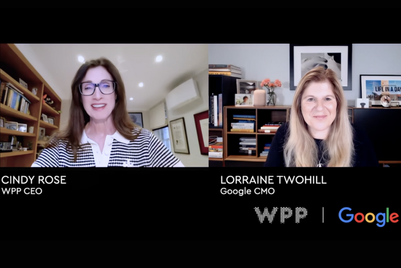
Google blocked more than 3.4 billion ads in 2021, a 300 million increase on the number of ads it blocked in 2020.
The number of account-level suspensions also tripled between 2020 and 2021, from 1.7 million to 5.6 million accounts as the tech giant cracked down on making its ad services safer and preventing abuse.
Abusing the ad network was the top reason for blocking ads (867 million) in 2021.
During a briefing, Brian Crowley, director, trust and safety at Google, gave examples of what abusing the ad network meant.
Crowley said such actions included circumventing the systems to prevent “badness” from being shown, unfair traffic advantages in which bad actors create multiple accounts to try to shell more than one ad at the same time, violating the webmaster systems that prevent spam, and malicious or unwanted software.
Ads related to healthcare and medicine (204 million) and trademarks (200 million) were the second- and third-most named reasons for blocking ads.
Google also took action against more than 1.6 billion pages and domains, with sexual content being the area that required the most enforcement (981 million), followed by dangerous or derogatory content (168 million) and weapons promotion and sales (114 million).
Crowley also issued a warning about cryptocurrency and said that Google saw a “sharp increase” in the number of ads promoting it.
He added: “We often see scammers trying to take advantage of people who are really just trying to learn, who want to learn about the products, the companies and just, indeed, what cryptocurrency is.
“Bad actors had mimicked up-and-coming brands in the space attempting to convince unsuspecting users to provide personal information, such as payment details.”
The platform also reacted to Ukraine, blocking eight million ads related to the war, pausing ads from showing in Russia, ads from Russian-based advertisers and pausing monetisation of Russian state-funded media.
In March, Google also joined forces with the Advertising Standards Authority, alongside Meta, Amazon, Twitter and TikTok, to help expand the watchdog's powers online, with the participating organisations agreeing to raise awareness among brands of ad rules and to demand compliance from transgressors.
Earlier this year, the ASA upped the ante on its cryptocurrency clampdown when it issued an enforcement notice to more than 50 companies advertising cryptocurrencies, urging them to abide by ad rules or face bans and being reported to the Financial Conduct Authority.
(This article first appeared on CampaignLive.co.uk)



.jpg&h=334&w=500&q=100&v=20250320&c=1)

.jpg&h=334&w=500&q=100&v=20250320&c=1)
.jpg&h=334&w=500&q=100&v=20250320&c=1)


.jpg&h=334&w=500&q=100&v=20250320&c=1)


.png&h=268&w=401&q=100&v=20250320&c=1)
.jpg&h=268&w=401&q=100&v=20250320&c=1)




.jpg&h=268&w=401&q=100&v=20250320&c=1)

